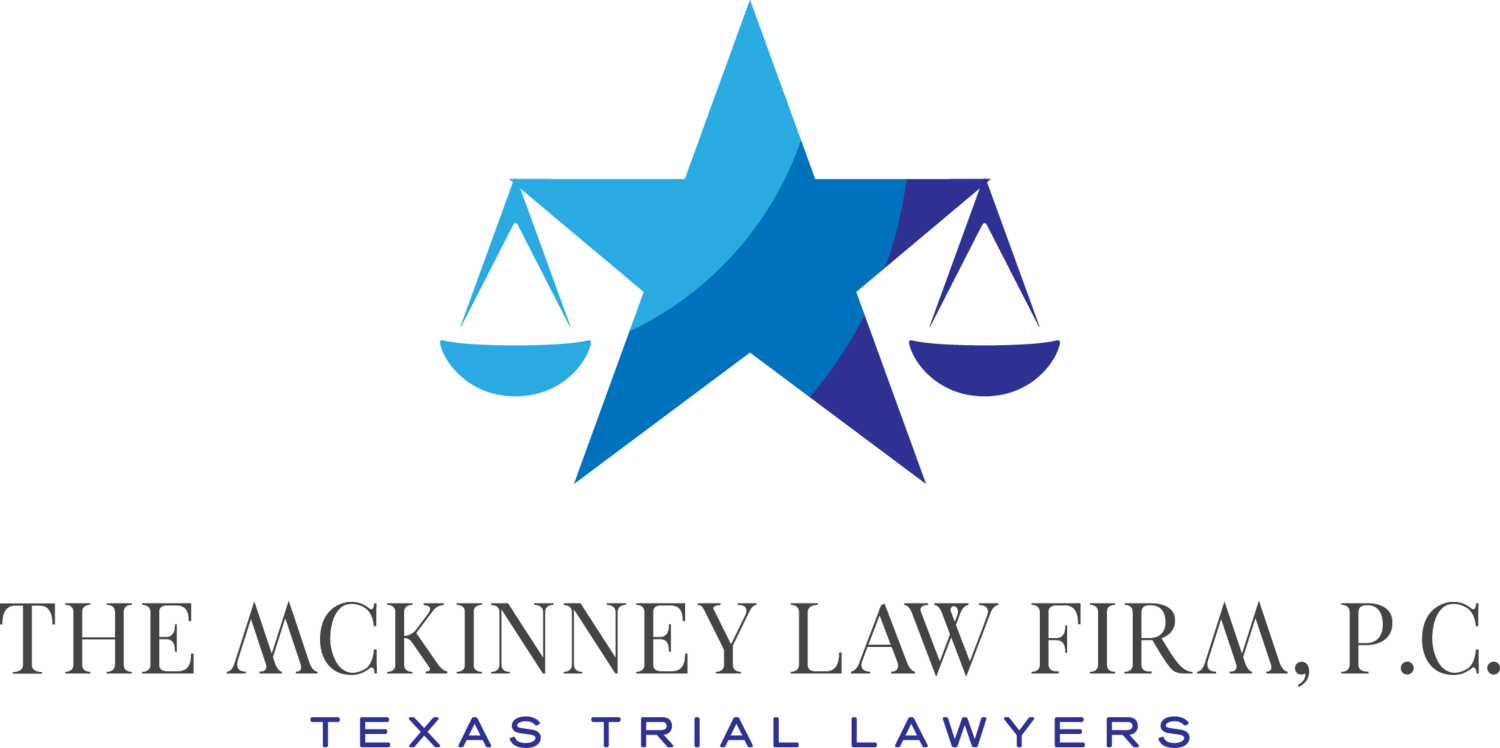EEOC: Employers May Not Force Employees to Attend Mandatory Prayer Meetings
/The EEOC has recently filed suit stating that a North Carolina home service and repair company (Aurora Pro) violated Title VII of the Civil Rights Act of 1964 when it fired two employees for refusing to attend daily prayer meetings because of their religious beliefs. The lawsuit is styled EEOC v. Aurora Renovations and Developments, LLC d/b/a Aurora Pro Services, No. 22-490 (M.D.N.C. June 27, 2022).
The EEOC sued Aurora Pro for creating a religiously hostile workplace, failing to accommodate employees’ religious beliefs and firing them because they refused to conform to its religious practices. Between June 2020 and January 2021, when a construction manager and a customer service representative worked for the company, the owner of Aurora Pro held mandatory daily prayer meetings, according to the lawsuit. During the meetings, which ended with a brief discussion about business matters, employees stood in a circle, while the owner and others read Bible scripture and led employees in Christian prayer, including prayers for poorly performing employees who were identified by name, the lawsuit said. Although the construction manager, who is atheist, initially attended, he later asked the owner if he could be excused from the religious part because it conflicted with his beliefs, the lawsuit alleged. The owner allegedly denied his requests, cut his pay in half and fired him after he stopped attending. The owner also allegedly fired the customer service representative, who is agnostic, after she refused to attend because of her religious beliefs.
Religious Discrimination Law
Unless it would be an undue hardship on business operations, Title VII requires employers to reasonably accommodate an employee’s sincerely held religious beliefs or practices, the EEOC says in its guidance on religious discrimination. Put another way, employers may be required to make reasonable adjustments to the work environment that will allow an employee to practice their religion.
Whether a particular accommodation would pose an undue hardship on the employer's business depends on the individual circumstances. For example, an accommodation may cause undue hardship if it is costly, compromises workplace safety, decreases workplace efficiency, infringes on the rights of other employees, or requires other employees to do more than their share of potentially hazardous or burdensome work. Undue hardship also may be shown if the request for an accommodation violates others' job rights established through a collective bargaining agreement or seniority system.
Title VII also prohibits religious harassment of employees, such as offensive remarks about a person's religious beliefs or practices. Although the law doesn't prohibit simple teasing, offhand comments, or isolated incidents that aren't very serious, harassment can be unlawful when it is so frequent or severe that it creates a hostile or offensive work environment or when it results in an adverse employment decision (such as the victim being fired or demoted).
It is also unlawful to retaliate against an individual for opposing employment practices that discriminate based on religion or for filing a discrimination charge, testifying, or participating in any way in an investigation, proceeding, or litigation under Title VII.
Religion At Work
Federal law mandates that every American have freedom of - and freedom from - religion at work. While a business owner is free to have whatever religious beliefs they wish, they are not free to use their position as the boss to bully their employees into participating in their particular flavor of religion.









